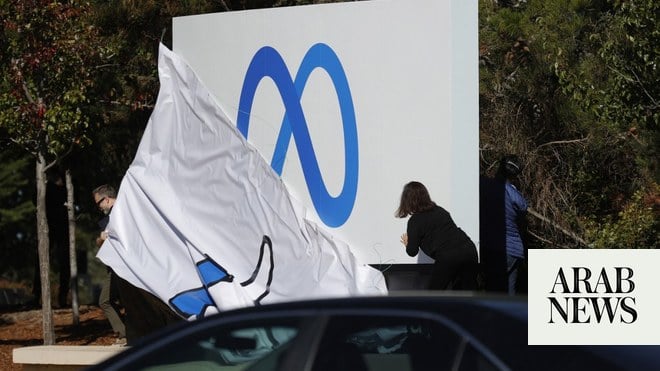
On Sunday morning, the German Social Democratic Party (SPD) announced the result of its members’ vote on whether or not it should enter into another grand coalition with Angela Merkel’s Christian Democratic Union (CDU) and its sister party the Christian Social Union (CSU). On the same day, Italians headed to the polls to vote in a new parliament. The results mean Germany can now finally form a government, while it looks likely that Italy’s leading parties will have to go into protracted negotiations to form a coalition.
The SPD’s members gave their leadership a clear 66 percent mandate to enter into government with Merkel. The outcome was surprising in as much as many at the base, particularly the party’s youth faction, vociferously opposed working with the long-serving chancellor. With 22 percent of the vote, the party had achieved its worst election result in the post-war era. Members attributed this to the SPD’s inability to distinguish itself from the CDU/CSU during the last government.
While Merkel will be asked to form a government on March 14 — roughly six months after the elections — she can expect a much more vocal coalition partner. The SPD obtained many of the key ministries, such as finance and foreign, and has made it quite clear it intends to drive its agenda hard, particularly with respect to social benefits, the health care system and digitization. The last six months’ hiatus was unprecedented in post-war Germany and Merkel is the clear loser, alongside Martin Schulz of the SPD. Expect this to be the last Merkel-led government. We now have to see who will step up to the plate in both the SPD and the CDU. This means that Germany will probably be more inward looking, and will leave some of its European leadership to others like French President Emmanuel Macron.
The outcome of the Italian election looks to be as predicted by the pollsters. We will see a hung parliament, which is bad for Italy and also bad for Europe.
Three forces were battling each other. There was the center-left Partito Democratic of Matteo Renzi, which is incumbent in government but, like its German counterparts, achieved its worst result since World War II with about 19 percent of the vote. The populist Five Star Movement (M5S) of Luigi Di Maio was, with about 32 percent, the biggest winner. It was particularly popular in the south of the country after capturing the hearts and minds of many young people who feel disenfranchised. Youth unemployment is high and many young Italians have emigrated because they do not see a future for themselves in their own country.
In light of the rise of populism, established parties must come up with workable solutions to the issues that worry their core support, otherwise life in the EU will become a lot more complicated.
Cornelia Meyer
The third bloc was led by the Forza Italia of former Prime Minister Silvio Berlusconi and the anti-immigrant — and at times outright racist — Lega of Matteo Salvini. They teamed up with the fascist splinter group Fratelli Italia (Brothers of Italy). The Lega was good for a surprise as it overtook Forza Italia and is now the senior partner of the group. Together the three gained around 36 percent of the vote.
None of the groupings reached 40 percent, which is required to form a government. To make matters worse, many precluded forming coalitions with others. But, even if they did, it would be hard because their agendas are so divergent, stretching from the far right to the left. Expect the coalition negotiations to be tougher and take more twists and turns than what we have seen in Germany over the past six months. This is not really new, as fractured parliaments and uneasy coalitions are part of the political culture in Italy.
This being said, the elections were hard-fought and the debate was nasty, even poisonous at times. The result will be tricky for Italy and for the EU. While the M5S, as well as the Lega and Fratelli, have watered down their anti-EU, anti-euro stances, they still question the modus operandi of the EU. They would be far less cooperative partners than current Prime Minister Paolo Gentiloni.
While Italy’s economy is recovering, the country still faces big economic problems. Youth unemployment stands at around one-third and bad debt on its banks’ balance sheets exceeds $300 billion. Lacking prudent political stewardship, the next economic mini-crisis in the EU might well emanate from Italy. A stable and empowered government would certainly be a good thing for the country’s economic recovery, as well as for the functioning of EU institutions.
The last six months have shown us that Europe is not yet out of the woods. Elections are dominated by debates on refugees, immigration and social justice. People fear immigration, they worry what the digital revolution means for job security, and they try to come to terms with the ramifications of their aging societies. There is a real sense of unease and disquiet. Large parts of the population feel left out. This is why the established parties fared less well than the populist new kids on the block.
The social democrats in particular may need to reinvent themselves as they are losing out to populists, and very often populists on the far right. The big task for the established parties going forward will be to come up with workable solutions to the topics that worry their core support. If they fail to do so, life in Europe is bound to become a lot more complicated and there will be economic ramifications as a result. The EU has a population of 500 million people and is home to the world’s fourth, fifth and sixth-largest economies. What happens here matters in international politics and influences markets around the world.
• Cornelia Meyer is a business consultant, macro-economist and energy expert.
Twitter: @MeyerResources












